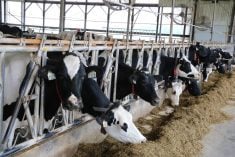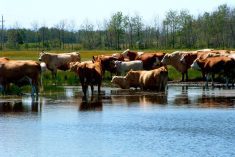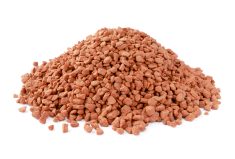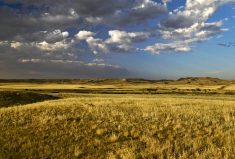An app that calculates available soil nutrients and a research project that turns human waste into biocarbon are among 14 projects funded through the Conservation and Climate Fund, the province announced Sept. 22.
“These environmentally responsible initiatives will help protect the environment while advancing the Manitoba government’s priority to transition the province to a sustainable, low-carbon economy,” said Jeff Wharton, minister of environment, climate and parks, in a news release.
The Manitoba Organic Alliance (MOA) received $92,000 to develop a “web-based nutrient budgeting tool,” the news release said.
Read Also
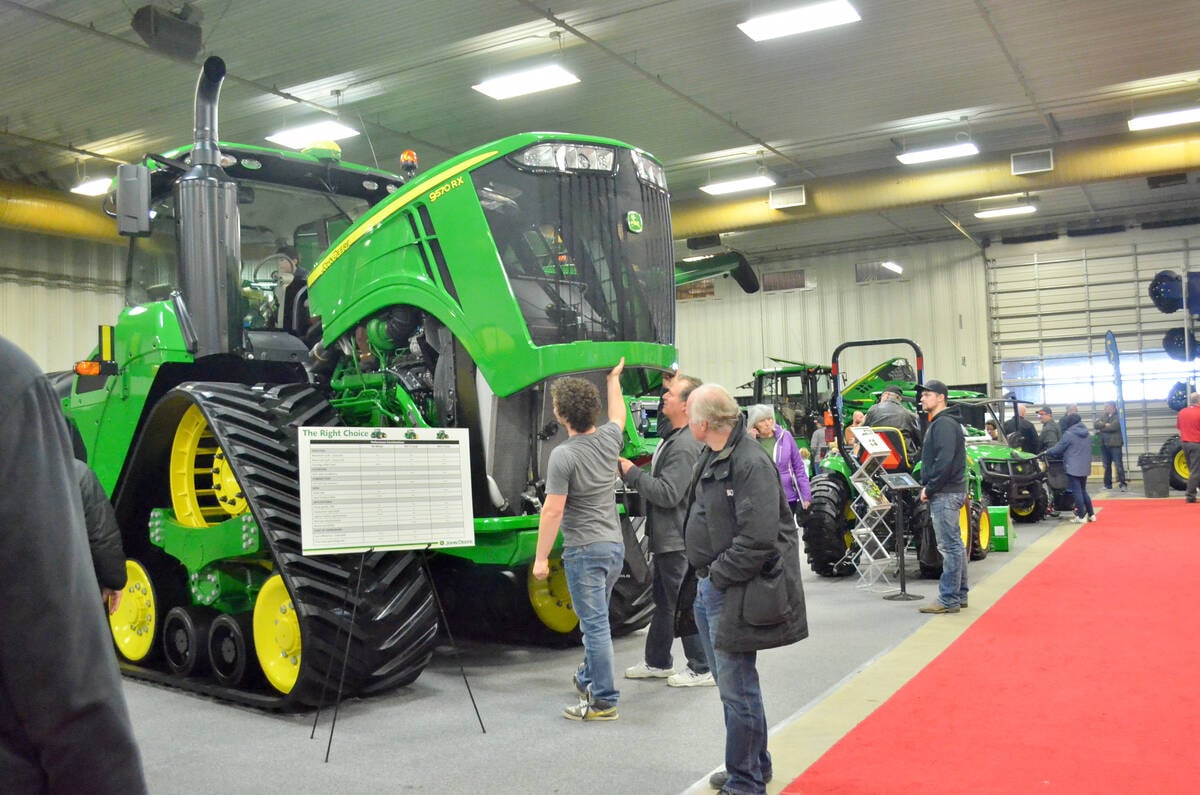
The sneak peek of Manitoba Ag Days 2026
Canada’s largest indoor farm show, Manitoba Ag Days, returns to Brandon’s Keystone Centre Jan. 20-22, 2026. Here’s what to expect this year.
“The goal of this project is to help farmers increase their use of biological nitrogen (N) fixation in order to decrease their reliance on mineral fertilizers,” said Nadine Tonn, MOA’s program coordinator, in an emailed statement.
“In a conventional system, it is relatively straightforward to calculate how much N to apply in association with a soil N test,” Tonn added. “However, in a legume-based system where you are effectively growing your own N, the amount of N produced is not so easily calculated.”
Tonn said University of Manitoba researchers Martin Entz and Joanne Thiessen Martens developed a spreadsheet-based tool to calculate plant-available nutrients based on soil and foliar test results.
Students and some agronomists have used the tool, but it has been slow to catch on among farmers, Tonn said. The web-based app will simplify the process by using guided questions and simple written and video instructions.
“We hope to dramatically increase use amongst farmers and agronomists, which in turn is expected to increase the use of legumes in crop rotations,” Tonn said.
Carbon Lock Technologies Inc. received $125,000 for a project to “carbonize biosolids to address methane emissions and nutrient loading,” the province said.
“Biosolids” means human feces; in this case from the City of Selkirk’s waste system, co-founder Kevin Danner told the Co-operator.
Carbon Lock Technologies is a start-up company operating on a research scale out of Selkirk. It developed technology that turns food waste into biocarbon or biochar, which is essentially charcoal.
Plants draw carbon dioxide from the air as they grow, but when they’re discarded as waste they decompose and release carbon back into the atmosphere as methane, Carbon Lock’s website says.
Human biosolids also give off methane as they decompose, Danner said. Nutrients from the waste can leach into groundwater or get washed into waterways where they can lead to algae blooms.
When turned into biocarbon, that carbon is stable and will not decompose into methane. It can sequester carbon for hundreds if not thousands of years, Danner said. The company sees an opportunity to use this biocarbon as a soil amendment in Manitoba.
The porous carbon acts like “little micro sponges” that hold nutrients and moisture — potentially soaking up excess water when it’s wet and releasing it when it’s dry, Danner said. It can improve soil texture and aeration.
Other projects funded under the fund include $25,000 to the Lake Winnipeg Foundation to expand a water sample analysis program; $150,000 to Little Brown Jug Brewing Company to build a carbon dioxide recapture system; and $80,000 to the Fort Whyte Alive Foundation to improve site drainage and build six electric vehicle charging stations.



